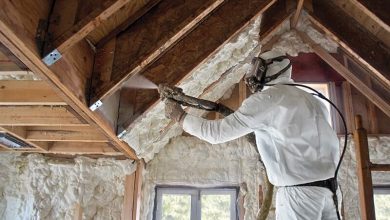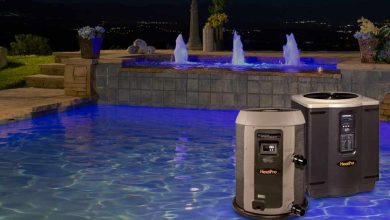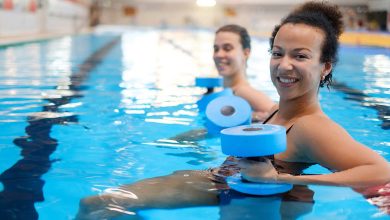5 Amazing Wine Storage Tips

You’ve bought some wine that you won’t be drinking right away. What will you do with it now? First, it’s essential to remember that just a tiny portion of the good wines sold today benefit from lengthy maturation. Most wines are at their best within a few years after their release. Consider investing in professional-grade storage if you purchase wines to age. But for short-term use, consider using an upper cabinet wine storage.
There are tips to help you keep your wines safe and in great condition until you consume them. These include:
- Keep it cool
The biggest enemy of wine is heat. Over 70° F will cause a wine to age more quickly than is typically preferred. Additionally, if it becomes significantly hotter, your wine could get “cooked,” producing bland smells and sensations. Although this isn’t an exact science, the ideal temperature range is between 45° F and 65° F (and 55° F is frequently stated as nearly perfect). As long as you open the bottles within a few years of their release, don’t worry too much if your storage is a few degrees warmer.
- But, not too cool
Keeping wines in your home refrigerator is alright for a few months at most, but it’s not a wise choice. To safely store perishable items, a refrigerator’s temperature must be considerably below 45° F. In addition, the absence of moisture could eventually cause corks to dry out, causing air to leak into wine bottles and harm the wine. Additionally, avoid storing your wine wherever it might freeze (an unheated garage in winter, forgotten for hours in the freezer). The liquid may expand to the point of forcing the cork out if it begins to freeze.
- Dim or turn off the lights.
For long-term storage, light, especially sunlight may be a challenge. UV radiation from the sun can deteriorate wine and cause early ageing. Why do vintners utilize tinted glass bottles, among other things? They resemble wine-related eyewear. Although light from domestic lamps won’t likely harm the wine, your labels may eventually fade. Although fluorescent bulbs release extremely small amounts of UV light, incandescent bulbs may be slightly safer.
- Do not worry about the humidity.
According to conventional thinking, wines should be kept at an ideal humidity level of 70%. According to the notion, dry air will cause the corks to dry out, allowing air to enter the bottle and taint the wine. This does occur, but it generally won’t happen to you unless you reside in a frigid region or a desert. Humidity levels between 50 and 80% are deemed safe, and adding a pan of water to your storage location will help. However, excessive moisture might encourage the growth of mold. This may harm the labels but won’t impact wine that has been properly sealed. Dehumidifiers can help with that.
- There shouldn’t be more shaking
Vibration could shorten the shelf life of wine by accelerating its chemical reactions. Although no data is demonstrating the effects of this, some severe collectors are concerned about even the slight vibrations brought on by electronic appliances. Older wines’ sediment may be disturbed by solid vibrations, preventing them from settling and possibly giving them an unpleasant, gritty texture.





